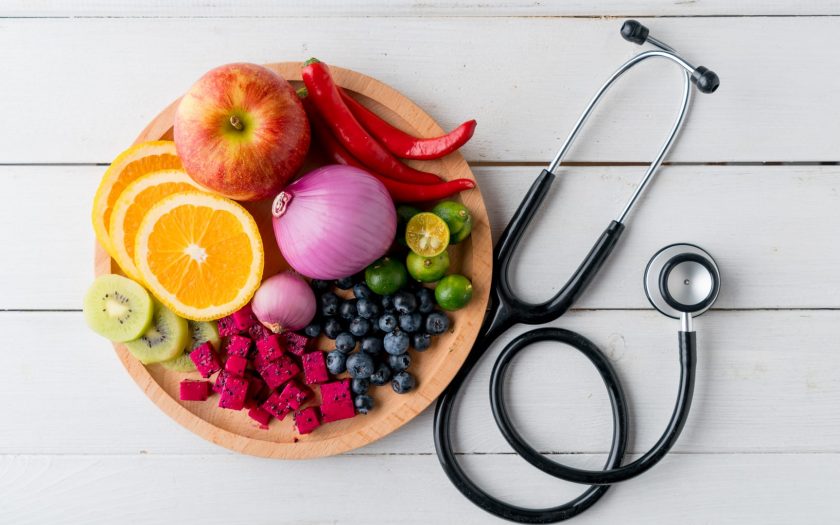Rule 1. Consume more calories.
Weight loss is a common problem for people living with HIV and should be taken very seriously. Significant weight loss can be dangerous, as it makes it harder for your body to fight infections and recover.
The average energy requirement for an adult per day is about 2000-2500 kcal. To get more calories, you can:
- eat large portions;
- eat 5-6 times a day;
- use peanut butter for toast;
- add boiled eggs to sandwiches, soups and salads;
- avoid low-calorie foods.
Of course, do not forget that food should be healthy.
Rule 2. Eat more protein.
Protein is the main building material for the human body. It is involved in metabolic processes and is a unique biological material for the construction of all cells in the body. To get more protein, eat the following foods: beef, lentils, chickpeas, nuts, chia seeds, protein-rich vegetables.
Rule 3. Drink plenty of water.
In the case of HIV-positive people, it is very important to drink enough water. Fluid is a “carrier” of nutrients your body needs. Adequate water consumption can have the following positive effects:
- reduce the side effects of drugs;
- remove from the body “residues” of drugs used;
- relieves fatigue.
Sufficient water is needed for the normal functioning of the immune system, as well as to reduce stress. You need to drink at least 1.5-2 liters of fluid per day. It can be not only water, but also juices or milk.
Rule 4. Take precautions.
If you have HIV, it is important to pay attention to food safety because your immune system is weak and it is difficult to fight infections. If food is stored or cooked improperly, the germs it contains can be transmitted to you.
Follow these food safety guidelines:
- keep everything clean. Often wash kitchen utensils with detergent.
- wash your hands with soap and warm water before cooking.
- wash all fresh fruits and vegetables under running water with a special brush.
- wash all cutting boards and knives thoroughly (especially those used for cutting chicken or meat).
- make sure that meat, fish and poultry dishes are not left uncooked;
- drink only boiled or bottled water;
- dispose of cracked or scratched dishes immediately – dirt will accumulate there.
- do not eat raw eggs, soft-boiled eggs, eat only boiled food;
- do not eat sushi, raw seafood or meat. Drink only boiled or pasteurized milk;
- do not eat food that has been in the refrigerator for more than 3 days.
Rule 5. Always consult a specialist.
Only a doctor can recommend taking supplements, vitamins and minerals. Remember that there is no single “right” diet. “Eating right” means getting enough nutrients for your specific needs.
Living with HIV means living with a weakened immune system, which makes a person more susceptible to various infections. In addition, additional infection leads to loss of strength and the ability to recover. HIV can affect the body’s metabolism and, consequently, the digestibility of food. Lack of proper nutrition can worsen a person’s condition even in the early stages of disease. Thus, following the above rules, you improve your condition.

